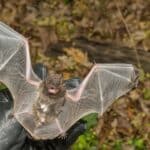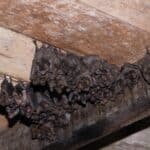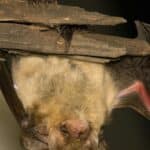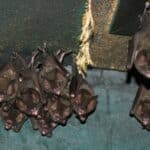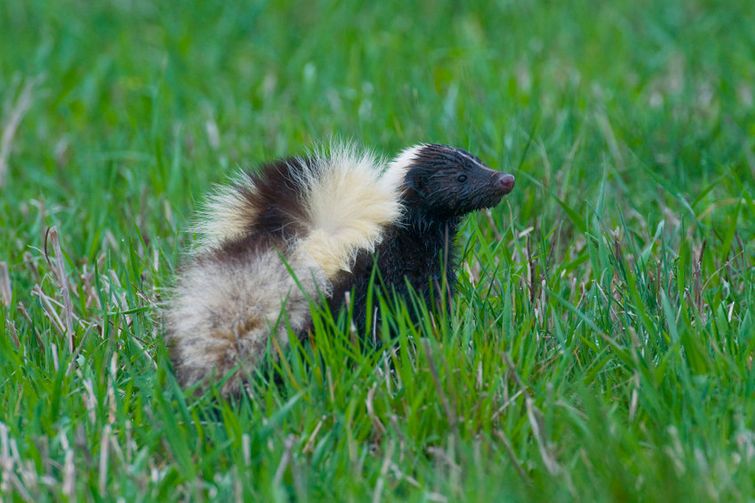
Baby skunks, like any other baby animal, often tug at our heartstrings. Their small stocky bodies, soft fur and cute demeanour tend to warm our hearts. But, if you have ever experienced the pungent odour of a skunk’s spray, you are likely wondering if this small creature has the ability to spray at only a few weeks old.
The short answer is, baby skunks can release an accurate spray by about four months of age. It’s important to know how to spot a baby skunk, and determine whether it presents a threat.
Skunk Families
Skunk Spray
When startled or threatened, skunks spray a pungent smell to ward off predators. While skunk spray has a terrible odour that lasts a while, it can also affect one’s sense of sight and taste. If humans and other animals like dogs ingest it via eyes or mouth,
If You Find A Baby Skunk
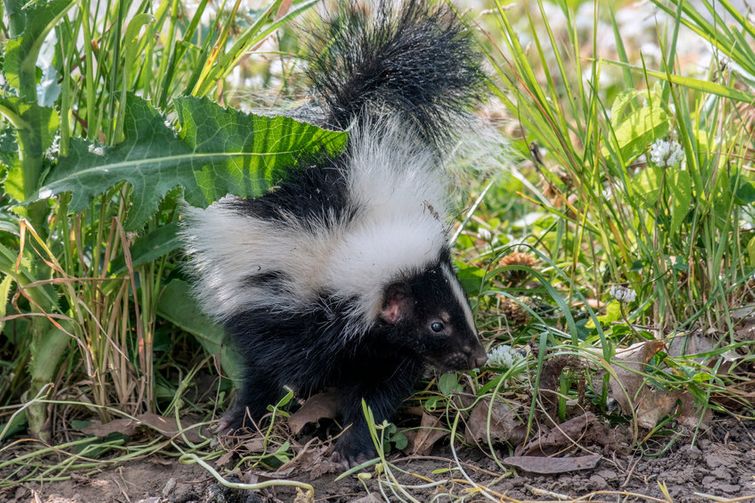
When a skunk is born, it’s not ready to take on the world by itself. Like any other animal, skunk babies have difficulty standing on their own feet or caring for themselves. For the first few weeks of their life, they rely on their mother to eat and be protected. Despite their reliance on their mother, young skunks have the ability to spray from the moment they are born.
Skunks make their scent in glands tucked just under their tail. They have the ability to use this scent from the moment they are born, unlike other species of animals which develop their methods of protection at a specific age. However, because of their young age, baby skunk sprays will not be very accurate. Skunk babies only learn how to target their threat and spray with great accuracy until they are about 3 or 4 months old.
Whether baby skunks can spray or not, they are wildlife and should be left alone unless they are injured.
Watch Out For Mother Skunks
If you have found a den of baby skunks living on your property and have not encountered an adult animal, you can trust there is almost always a mother skunk nearby.
While an adult skunk can get scared away from its babies rather easily, mothers are full-grown adult skunks who will, undoubtedly, use their maternal instincts to protect their babies – especially if they smell predators near their nest. At first signs of a predator, the animal will offer other warning signs. This includes hissing, growling and stamping its feet on the ground. If this fails to get rid of the threat, their last resort is spraying their harsh odour.
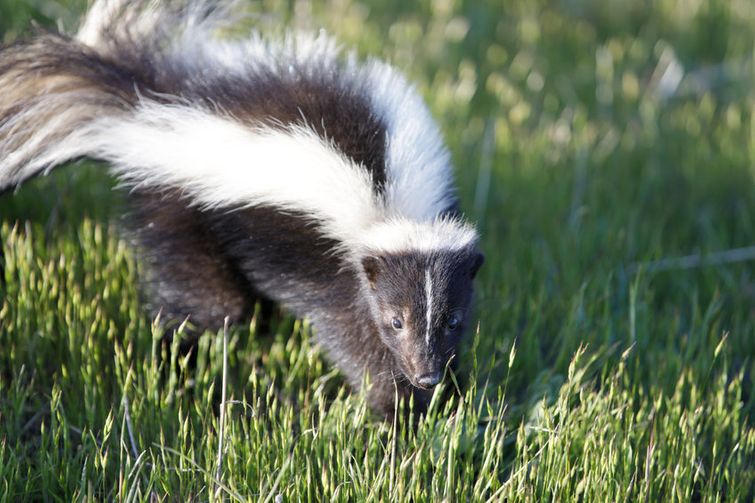
When To Call Wildlife Control
When spraying doesn’t work, a skunk will likely flee from its den and leave its babies behind. They do this to distract a dog or human and keep them away from their young.
Although the parent may flee when they are threatened, you can trust that it will almost always come back for its babies. Leave the babies alone for up to 12 hours and then check if they are still there. If the babies remain but the parent is nowhere nearby, it may be a good time to call wildlife control. They will know how to safely trap and remove skunks with their skunk removal service.
Keeping Skunks Off Your Property
Have you found a litter of skunks on your property? A wildlife removal company can help safely and humanely remove the skunks without harm. Don’t risk getting sprayed, call Wildside Wildlife Removal & Prevention Ltd!


